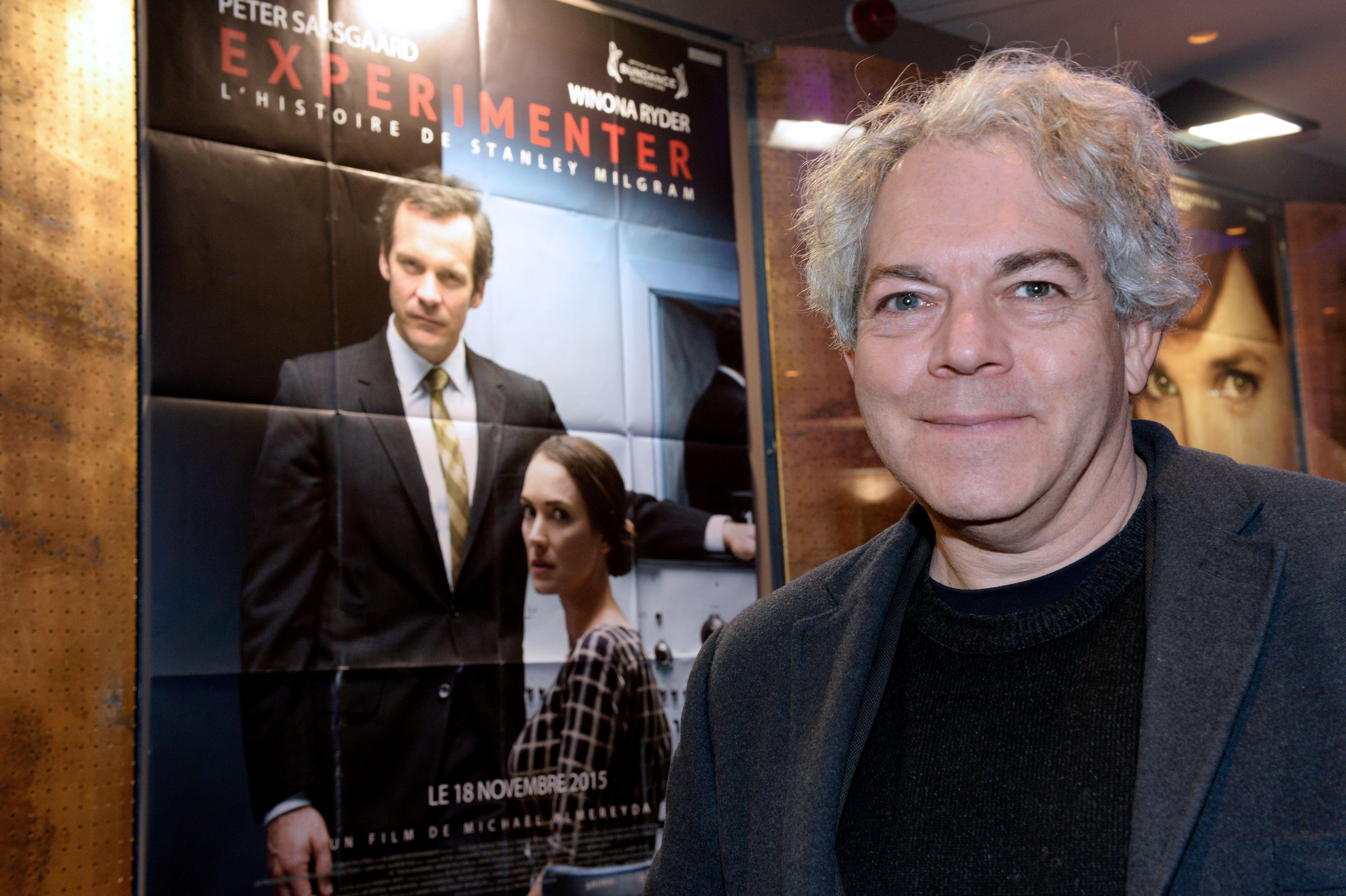evil
Milgram’s experiment is rightly famous, but does it show what we think it does?
The banality-of-evil thesis was a flashpoint for controversy.
What makes some psychopaths better able to control their antisocial tendencies?
Philosophy professor James Sterba revives a very old argument.
We live in contradiction. How we confront that fact matters.
Why were the Nazis so enamored with the occult, pseudoscience, and magic?
Ever taken pleasure in someone else’s misfortune?
From religious wars to French poison conspiracies to the counterculture, we look at the origins of Satanism.
Feeling the urge to scare yourself this Halloween? Here are seven important horror films you have to see.
Science fiction author David Brin analyses the moral within the Star Wars films – and it might not be one that you like.










